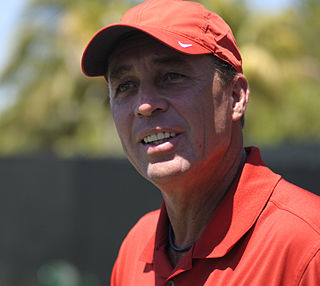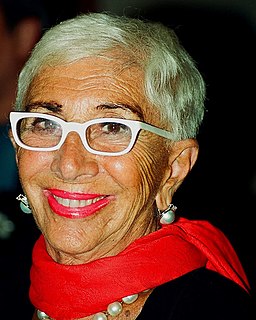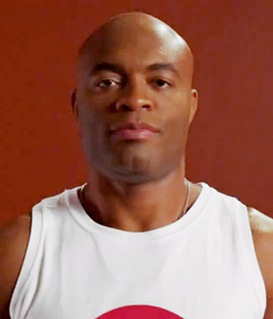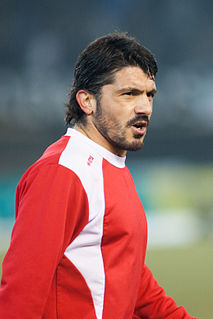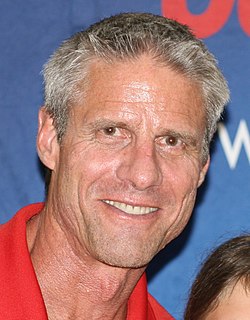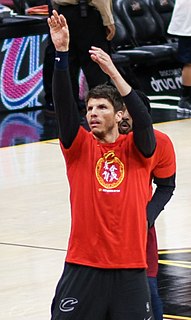A Quote by Ben Howland
It's amazing, as a player and as a coach, how you always remember the tough losses better than the victories. They're just way more vivid.
Related Quotes
What is important is not that you have a defeat but how you react to it. There is always the possibility to transform a defeat into something else, something new, something strong. All the good stories, all the people we remember are the ones who do this, who make victories out of their failures. Because the victories teach nothing. The victories are not useful. They are often dangerous.
In football, it's the job of the player to play, the coach to coach, the official to officiate. Each guy is charged with upholding his end, nothing more. In golf, the player, coach and official are rolled into one, and they overlap completely. Golf really is the best microcosm of life - or at least the way life should be.


